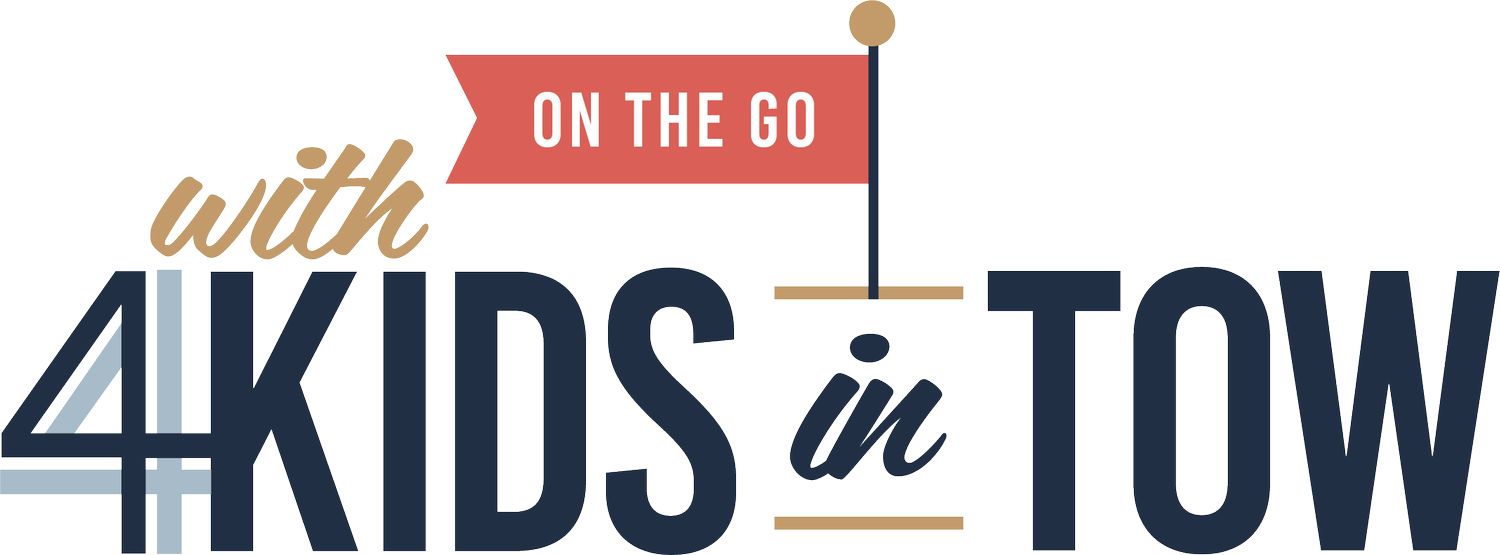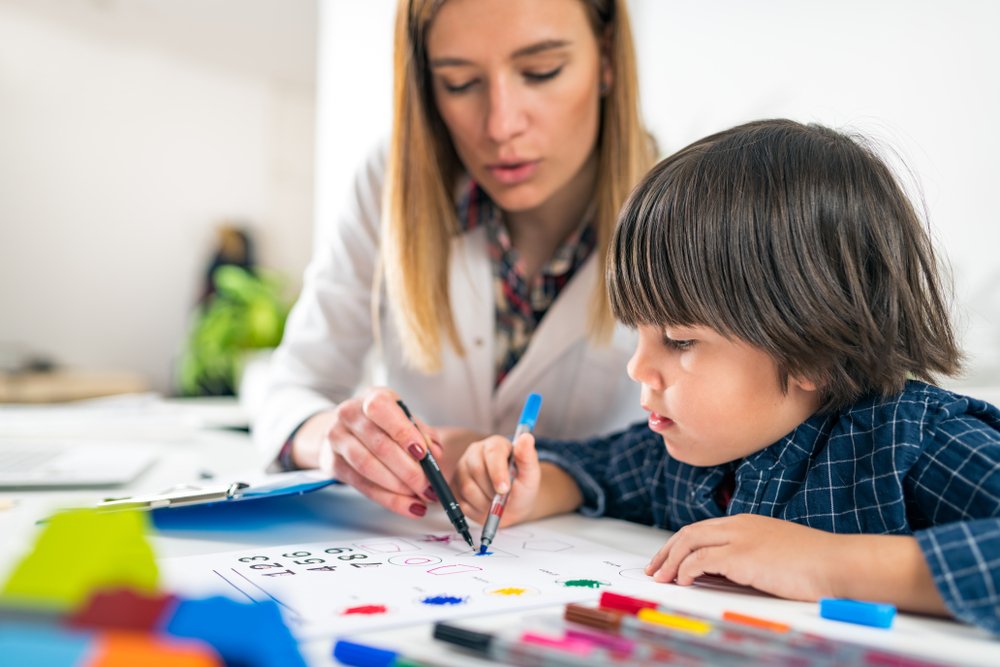5 pieces of advice about Neuropsychology
[Reading time: 10 mins]
Let’s start with my DISCLAIMER:
I am NOT a doctor.
I am NOT a psychologist.
I am NOT giving medical advice.
What I AM is a Mother who has MY OWN personal experiences. That is what I will share here.
What is a Pediatric Neuropsychologist?
Photo via reflectneuro.com
Before I dive into my personal experiences with neuropsychology, it would be good to know what it is exactly. You may have heard this term used often, especially if you believe your child may have a neuropsychological condition.
In the simplest of terms, neuropsychology is the study of the relationship between the brain and behavior. A pediatric neuropsychologist will assess, diagnose and sometimes treat children with a neuropsychological condition, based on their intellectual abilities, attention, language, motor coordination and executive functioning skills, as well as emotional, social and behavioral functioning.
Examples of some neuropsychological conditions that are tested for during an evaluation are:
Learning disabilities
Cognitive functioning
Giftedness
Language and speech disorders
Developmental delays
Attention deficit hyperactive disorder
Autism spectrum disorders
So what do I know about it? Well, my oldest son just got diagnosed with ADHD at 5 years old. Additionally, he has been seeing a speech therapist since 16 months old, initially for a speech delay, and now in more recent years, for an articulation disorder.
Now that you know a little more about what neuropsychology is and what our personal experiences are with it, and if you think your child might need to get evaluated too, then read on for my 5 pieces of advice about this journey, and hopefully it can help push you towards the next step to evaluate!
01. Pay attention to the signs.
It’s really easy to dismiss certain signs you may be noticing with your child, and depending on their age, it is also very easy to not know if certain behaviors they are exhibiting are “normal” or not. But I do believe that deep down, we as parents…. “just know”.
Paying attention to the signs doesn’t mean you have to do something right away, it just means that you should acknowledge that there might be a concern, and to keep an eye on it to see if the symptom(s) persists or gets worse. In other words, listen to your instincts.
I knew when my son was just 12 months old that there was a possibility of a speech delay. 12 months. You might wonder, “How can that be? A 12 month old can’t talk!”. Well, in a sense, you’re right. A 12 month old may not be able to say words, but they do know how to communicate! And at 12 months old, my son wasn’t really communicating. It was something I knew to keep an eye on and by the time he was 16 months old, it wasn’t getting any better, so we finally decided to do something about it.
Then, around the time he was 3 years old, I started questioning if maybe he had ADHD, and also if he was on the spectrum [many of the symptoms can overlap between the two]. I knew at 3 years old it would be too early to diagnose, but I again just knew that his behavior was more than a typical toddler who can’t sit still or can’t focus.
02. Why I don’t always listen to our pediatrician.
I need to preface this by first stating that we LOVE our pediatrician. She is loving, caring, takes care of our children’s health and well being, and wants what’s best for them.
But when it comes to more specialized conditions, the pediatrician might not always have the full knowledge to make an informed assessment on your child’s needs. This is why we have other doctors that specialize in these things, in the first place.
In my experience, I have found that our pediatrician is usually hesitant to confirm any “abnormal” behaviors or signs that we ask about at an appointment. And don’t get me wrong, I can understand why. Pediatricians see it all the time: parents come in, anxious about something that is more often than not, nothing. But the thing is, as a parent, we know when it’s not “just nothing”. And every time we did go to our pediatrician about a specific and specialized concern, it turned out we were right 95% of the time.
You also have to remember, the pediatrician sees your child for a check-up every few months for those first couple of years, but then only once a year after that. You are the one who sees your child everyday and sees the habitual behavior that got you concerned in the first place. Again, follow your instincts and advocate for your child!
03. It never hurts to evaluate early.
Like I mentioned earlier, my son started private speech therapy at just 16 months old [he was evaluated at 14 months]. Many people will say that this is too early, and actually, a lot of places won’t even test until they’re at least 2 years old. So why did I start so early? I can’t reiterate this enough: Because I JUST KNEW something was different.
It turned out that at 16 months old, my son’s receptive language was that of a 12 month old and his expressive was that of a 10 month old. I have absolutely no regrets evaluating early and starting the therapy right away, that he clearly needed.
Both my twins also did speech therapy starting at around 16 months old, but only for a few months. They then took a break for a few months and when we re-evaluated them at around 2 years old, it turned out they were developmentally on track. So again, do I regret evaluating early? No! An evaluation is just that… an evaluation. It doesn’t mean you *have* to move forward with services. You discuss with your doctor or therapist the results of the evaluation and decide from there how you want to proceed. You literally have nothing to lose by evaluating early.
As for my older son’s ADHD, we knew that we wanted to know for sure if he had some kind of neuropsychological condition before he went into Kindergarten in the fall, so that we can provide for him the necessary tools and resources. This reason alone is the best reason you can have to test early.
04. The results aren’t a death sentence.
So you got a neuropsychological evaluation and the results are conclusive for a neuropsychological condition. First, know that nothing about this is your fault! It’s OK. The news may be hard to take in at first, but as one of my good friends reminded me: Your child is still the exact same child you have loved since day one. Absolutely nothing has changed about them since the diagnosis. The only thing that has changed, is now you have a definitive answer, which means now you know what tools and resources you can provide to them, to help set them up for success!
As I’ve mentioned earlier, I’ve had an inkling that my son has ADHD since he was 3 years old. When the official diagnosis came in, it was not a surprise to me, but that doesn’t mean it wasn’t hard to hear. All the information they relayed to me - his different testing scores, other therapies they recommend, AND the possibility that he might be on the spectrum [I’ll save that last one for a future post!], was extremely overwhelming. It took me a couple of days to let it all sink in, take a deep breath, and move forward with the next steps.
To clarify, it’s literally been one week since we got the diagnosis- so I am still new to all of this. But I feel confident about the resources available to us and about my son being prepared for Kindergarten in the fall.
05. Let’s normalize neuropsychology.
My husband actually has ADHD, but he didn’t get diagnosed until well into his adulthood. When he was younger in the 80s & 90s, ADHD was starting to become more recognized, but it still wasn’t widely accepted and the education system didn’t really know how to support it. Therapy wasn’t as readily available, and these kids - like my husband - were dubbed as lazy, not hard working or as trouble makers.
Nowadays, there is so much more support for neuropsychological disorders, yet for some reason, it still seems to be hush-hush among some families and communities. Unfortunately, some may feel ashamed or embarrassed by it, and in turn this can cause parents to not acknowledge their child’s condition and to deny that they might need additional support.
So let’s normalize it!! Let’s talk about it more openly and let people know that we are a supportive community! Part of the reason I am writing this post is for self-therapy…. a way for me to write out my thoughts that I am still coping with. But the main reason I want to write this, is so that other parents can see that you are not alone! No matter if your child has a learning disability, a developmental delay, needs special education, has ADHD, is autistic or has some other neurological disorder, you and your child will NOT be judged.
Do you have questions or just need moral support? Please don’t hesitate to reach out to me via email: with4kidsintow@gmail.com





Head lice has a negative stigma to it, but there is absolutely nothing to be ashamed of if someone in your household gets it! And if you are like me, and you have no idea what to do if someone gets lice, the last thing you want is to be in a huge pinch, if and when it does happen to you.